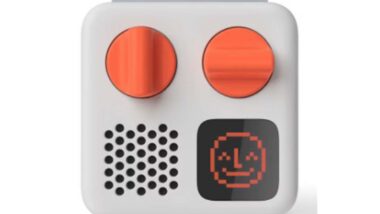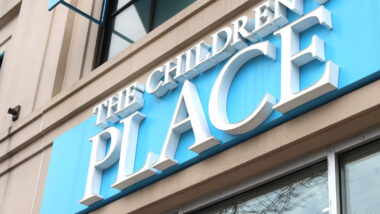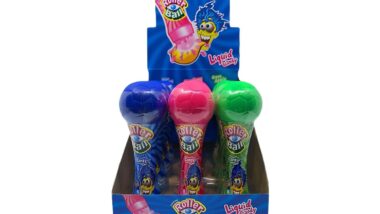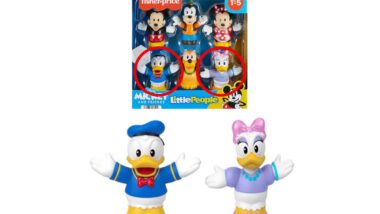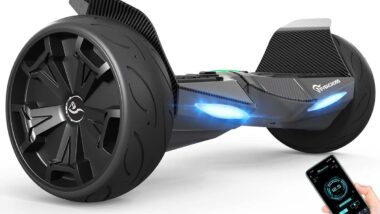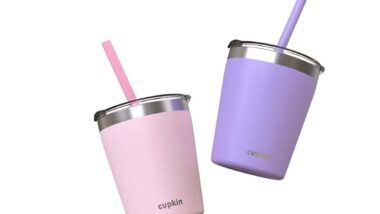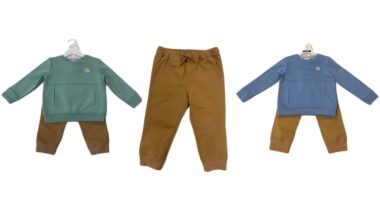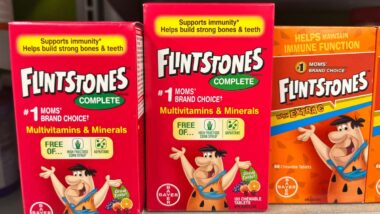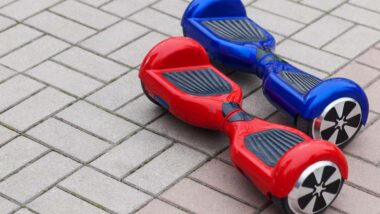Top Class Actions’s website and social media posts use affiliate links. If you make a purchase using such links, we may receive a commission, but it will not result in any additional charges to you. Please review our Affiliate Link Disclosure for more information.
Who’s Affected?
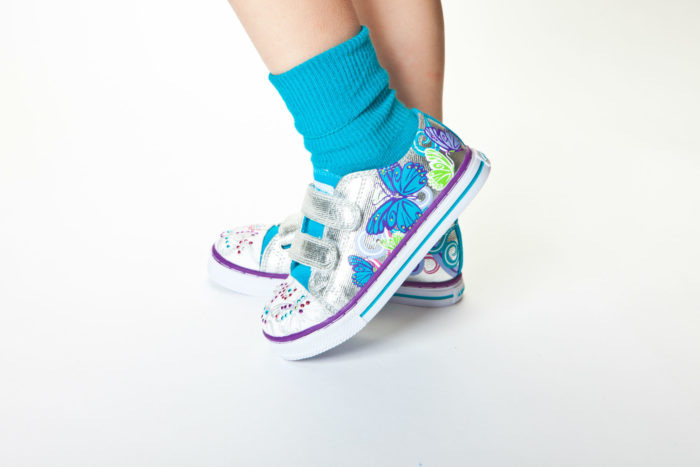
Did you know the battery may cause a burn or cause the shoe to explode?
Skechers light up shoes contains a battery that, when placed in an airtight space such as the sole of a shoe, is prone to causing chemical burns and even exploding, according to consumer complaints and at least one Skechers lawsuit.
According to complaints about the exploding light-up Skechers, placing the shoes in a washing machine can increase the risk.
Parents and others who purchased Skechers light-up shoes with a Ni-Cad battery from 2015 to the present should be aware of the danger. Skechers shoe lines allegedly affected include:
- S-Lights
- Shopkins
- Twinkle Toes
Shoes from these Skechers Kids brand reportedly retail for $39.99 to $77.00. All of the affected Skechers shoes included a battery-operated lighting function and were sold in both boys and girls styles.
If you purchased shoes from any Skechers light-up lines since 2015, the battery caused a burn or another injury and you still have the shoes, you may be eligible for an exploding light-up Skechers class action lawsuit investigation.
Fill out the FREE form on this page for more information.
Overview: Exploding Light-Up Skechers
According to a recent Skechers class action lawsuit filed in a New York federal court, the Ni-Cad battery used in certain types of Skechers shoes that allows the sole to light up is apt to explode and can cause severe chemical burns on the wearer—usually children and even toddlers.
Ni-Cad batteries are rechargeable batteries that are often found in small battery-operated devices. They are smaller and lighter than lead-acid batteries, but are also extremely toxic, according to consumer complaints.
The Ni-Cad battery is located in the heel or mid-sole of the light-up Skechers lines. They are reportedly completed encased within the shoe. However, the airtight seal does not allow the battery to vent, allowing gas to build and potentially causing the battery to explode.
This explosion, according to consumer complaints, not only can damage the shoe, it can also lead to severe chemical burns. It can also cause heat and even fire, in some cases.
The problem can reportedly be exacerbated if the shoes are put in the washing machine or otherwise exposed to water, such as jumping in puddles. The Ni-Cad battery can be subject to rust in these cases.
In the cases where the Ni-Cad battery has rusted, the mechanism to vent gas from the battery may malfunction and cause it, and the surrounding sole, to explode.
Consumers report that if the Ni-Cad battery, wet or dry, explodes while worn, the person wearing it can experience serious injuries to their feet and legs. Further, if the wearer’s skin is wet, as children’s skin often is from sweat or playing in water or mud, the injuries can be even more severe.
Skechers has marketed 42 styles of light up shoes since 2015. They reportedly did not market the S-Lights, Shopkins, and Twinkle Toes lines of shoes containing the Ni-Cad batteries as rechargeable, despite containing a rechargeable battery.
Further, despite a number of consumers complaining of exploding light-up Skechers, the company has continued to market them to children and even toddlers.
Exploding Light-Up Skechers Lawsuits
Recently, a woman filed a Skechers class action lawsuit over exploding light-up Skechers in New York federal court. According to the Skechers lawsuit, Skechers was aware of the problems with the Ni-Cad battery—and has been for years—due to consumer complaints.
The exploding light-up Skechers class action lawsuit alleges that the shoes with the Ni-Cad battery are defective and the battery presents a “clear and present” danger to the children wearing the shoes.
Further, despite consumer complaints, the shoe company has reportedly neither fixed the problem with the Ni-Cad battery or attempted to warn the public about the risk of exploding light-up shoes it has sold.
“In fact, on its website, Defendant simply states that ‘machine washing light-up shoes is not advised as it may damage the lights,’” the Skechers lawsuit explains. “The website further suggests that consumers clean the shoe ‘with mild soap, warm water and a soft cloth.’”
Recently, Skechers has reportedly updated its website to include more information about proper battery care of its shoes that contain the Ni-Cad battery. It also allegedly discontinued a line of light up shoes in 2017—the Lights Flashpod Scoria style, although these shoes are still available through third-party retailers.
However, consumers who purchased Skechers light-up shoes for their children or other loved ones since 2015 were never warned about the risks, according to consumer complaints and the Skechers class action lawsuit.
If you purchased light-up Skechers since 2015, your child was injured by the battery, and you still have the shoes, you may be eligible for an exploding light-up Skechers class action lawsuit investigation.
See if you qualify by filling out the free form on this page.
Get Help – It’s Free
Join a Free Skechers Light Up Sneakers Class Action Lawsuit Investigation
If you qualify, an attorney will contact you to discuss the details of your potential case at no charge to you.
PLEASE NOTE: If you want to participate in this investigation, it is imperative that you reply to the law firm if they call or email you. Failing to do so may result in you not getting signed up as a client or getting you dropped as a client.
E-mail any problems with this form to:
Questions@TopClassActions.com.
Oops! We could not locate your form.
After you fill out the form, the attorneys who work with Top Class Actions will contact you if you qualify to let you know if an individual lawsuit or class action lawsuit is best for you.
ATTORNEY ADVERTISING
The choice of a lawyer is an important decision and should not be based solely on advertisements.
Your information will be shared with attorneys working with Top Class Actions.
PAID ATTORNEY ADVERTISEMENT: THIS WEB PAGE IS AN ADVERTISEMENT AND THE PARTICIPATING ATTORNEY(S) ARE INCLUDED BECAUSE THEY PAY AN ADVERTISING FEE. Top Class Actions is not a law firm, lawyer referral service, or prepaid legal services plan. We do not endorse or recommend any third-party claims processing company, lawyer, or law firm who participates in the network. We do not make any representation, and have not made any judgment, as to the qualifications, expertise, or credentials of any participating lawyer or processing group. No representation is made that the quality of the legal services or claims processing to be performed is greater than the quality of legal services or claims processing performed by other lawyers or claims processing group. The information contained herein is not legal advice. Any information you submit to Top Class Actions does not create an attorney-client relationship and might not be protected by attorney-client privilege. Instead, your information will be forwarded to an attorney or claims processing firm for the purpose of a confidential review and potential representation. You should not use this website to submit time-sensitive, or privileged information. All photos contained on this website are of models and do not depict clients.

